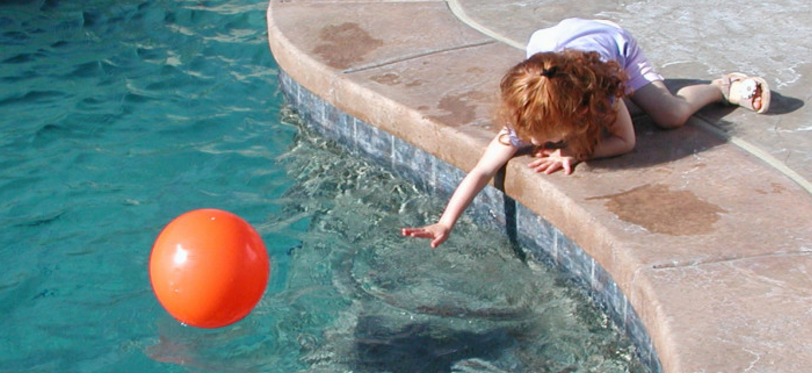Drowning is quick and silent. A child can drown in less than one minute in as little as one inch of water.
by usrv | Jan 7, 2016 | Drowning, Informational |

There is usually no warning, such as screams or splashing. We recommend having multiple layers of water safety protection:
- Make sure there is an isolation fence around the pool, separating the pool from the house and the surrounding yard. It should be at least 4 feet high, with self-latching and self-locking doors.
- Install secondary barriers such as house door alarms, water disturbance alarms and child immersion alarms.
- Make sure kids have constant supervision when they’re in or around water. Designate at least one adult “water watcher” at all times. If you’re with a group, have adults take turns.
- Teach kids survival swimming skills.
- Kids that are not strong swimmers should wear US Coast Guard-approved, well-fitting life jackets. (But be aware they don’t make your child drown-proof — still keep constant watch.)
- Set water safety rules for the whole family — for example, kids should never swim alone, inexperienced swimmers should stay in water less than chest deep, don’t dive into water less than 9 feet deep, stay away from pool drains, pipes and other openings, etc.
- Parents and caregivers should learn bystander CPR.
- Swimming lessons and life jackets do not replace supervision. Always watch kids in and around water. Drowning is swift and silent — it can happen in less than a minute.
- All pools should have a safety reaching device like a shepherd’s crook.
- Keep a phone nearby so you can quickly call 911 in an emergency.
- Remember, kids can drown in just an inch of water and it happens swiftly and silently — drain inflatable pools and coolers after each use.
- Ensure pools and spas have compliant drain covers, and are kept in working order.

